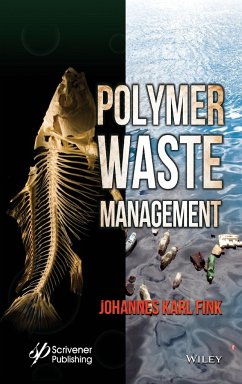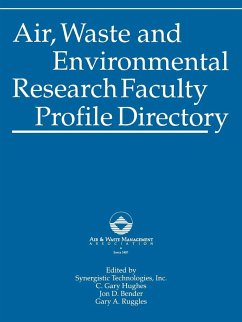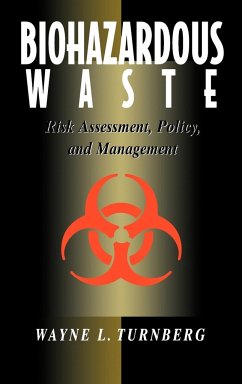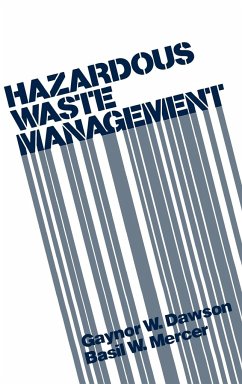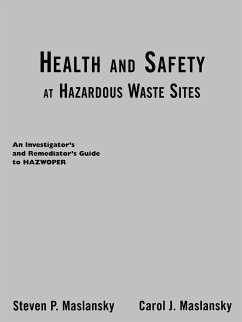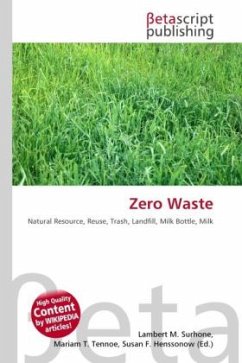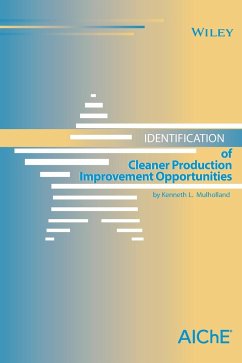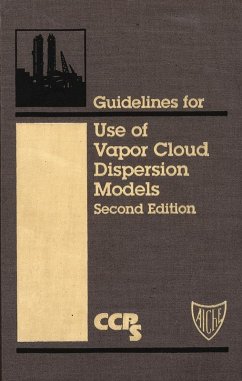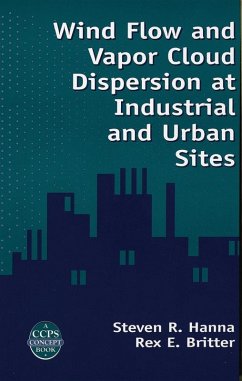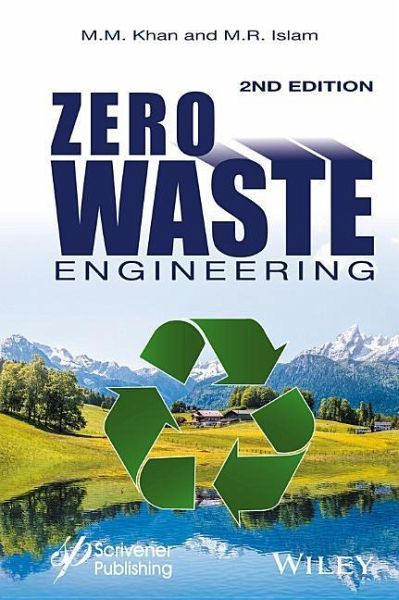
Zero Waste Engineering
A New Era of Sustainable Technology Development
Versandkostenfrei!
Versandfertig in über 4 Wochen
251,99 €
inkl. MwSt.
Weitere Ausgaben:

PAYBACK Punkte
126 °P sammeln!
Is "zero waste engineering" possible? This book outlines how to achieve zero waste engineering, following natural pathways that are truly sustainable.





